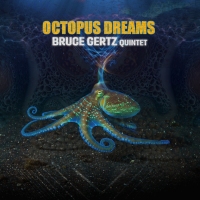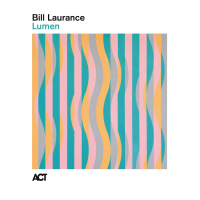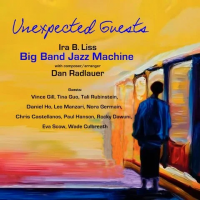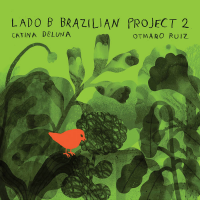Home » Jazz Articles » Album Review » Albert Ayler: Spiritual Unity
Albert Ayler: Spiritual Unity
Albert Ayler
saxophone, tenor1936 - 1970
Recorded in a very small, hot studio in July of 1964, the album which thrust the new label ESP onto the map, consisted of just four songs—thirty minutes of music. But it was to be 30 minutes that changed the direction of jazz.

John Coltrane
saxophone1926 - 1967

Ivo Perelman
saxophone, tenorb.1961

Vinny Golia
woodwindsb.1946

Joe McPhee
woodwindsb.1939

Marc Ribot
guitarb.1954

Joe Morris
bass, acousticb.1955

William Parker
bassb.1952
This fiftieth anniversary edition includes an additional track, "Vibrations," that was released on a subsequent Arista/Freedom LP and can also be found in the box set Holy Ghost (Revenant, 2004).
The sound of Spiritual Unity was/is rejected by many as primitive and unformed, but its unrefined nature is its beauty. Ayler taps into the earliest form of music, collective improvisation. Form and structure give way to emotion. While academy trained musicians miss the point, children listening to his music naturally pick up on its clarity and open, unassuming approach.
Ayler (like

Ornette Coleman
saxophone, alto1930 - 2015
Spiritual Unity is a trio record unlike any trio to date. Bassist Gary Peacock, who we know from

Keith Jarrett
pianob.1945

Bill Evans
piano1929 - 1980
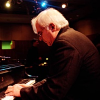
Paul Bley
piano1932 - 2016

Sunny Murray
drums1937 - 2017
Ayler's marches, his folk-jazz and New Orleans brass sound was (is) an audacious and indomitable approach to music making that was both revolutionary and an "ah-ha" moment in the development of free jazz of the 1960s that still resonates loudly today. ">
Track Listing
Ghosts: First Variation; The Wizard; Spirits; Ghosts: Second Variation.
Personnel
Albert Ayler
saxophone, tenorAlbert Ayler: tenor saxophone; Gary Peacock: bass; Sunny Murray: percussion.
Album information
Title: Spiritual Unity | Year Released: 2005 | Record Label: ESP Disk
Tags
Comments
PREVIOUS / NEXT
Support All About Jazz
 All About Jazz has been a pillar of jazz since 1995, championing it as an art form and, more importantly, supporting the musicians who make it. Our enduring commitment has made "AAJ" one of the most culturally important websites of its kind, read by hundreds of thousands of fans, musicians and industry figures every month.
All About Jazz has been a pillar of jazz since 1995, championing it as an art form and, more importantly, supporting the musicians who make it. Our enduring commitment has made "AAJ" one of the most culturally important websites of its kind, read by hundreds of thousands of fans, musicians and industry figures every month.









 Buy Now
Buy Now




